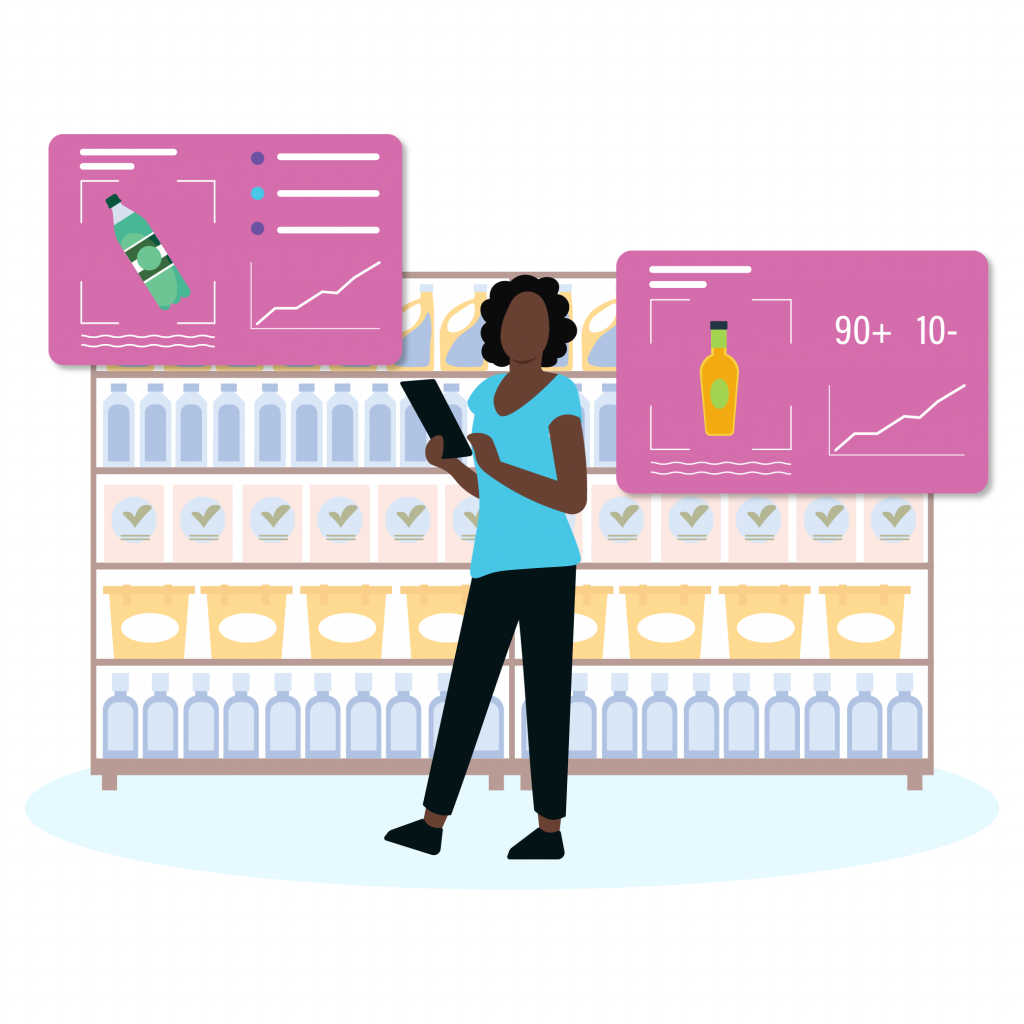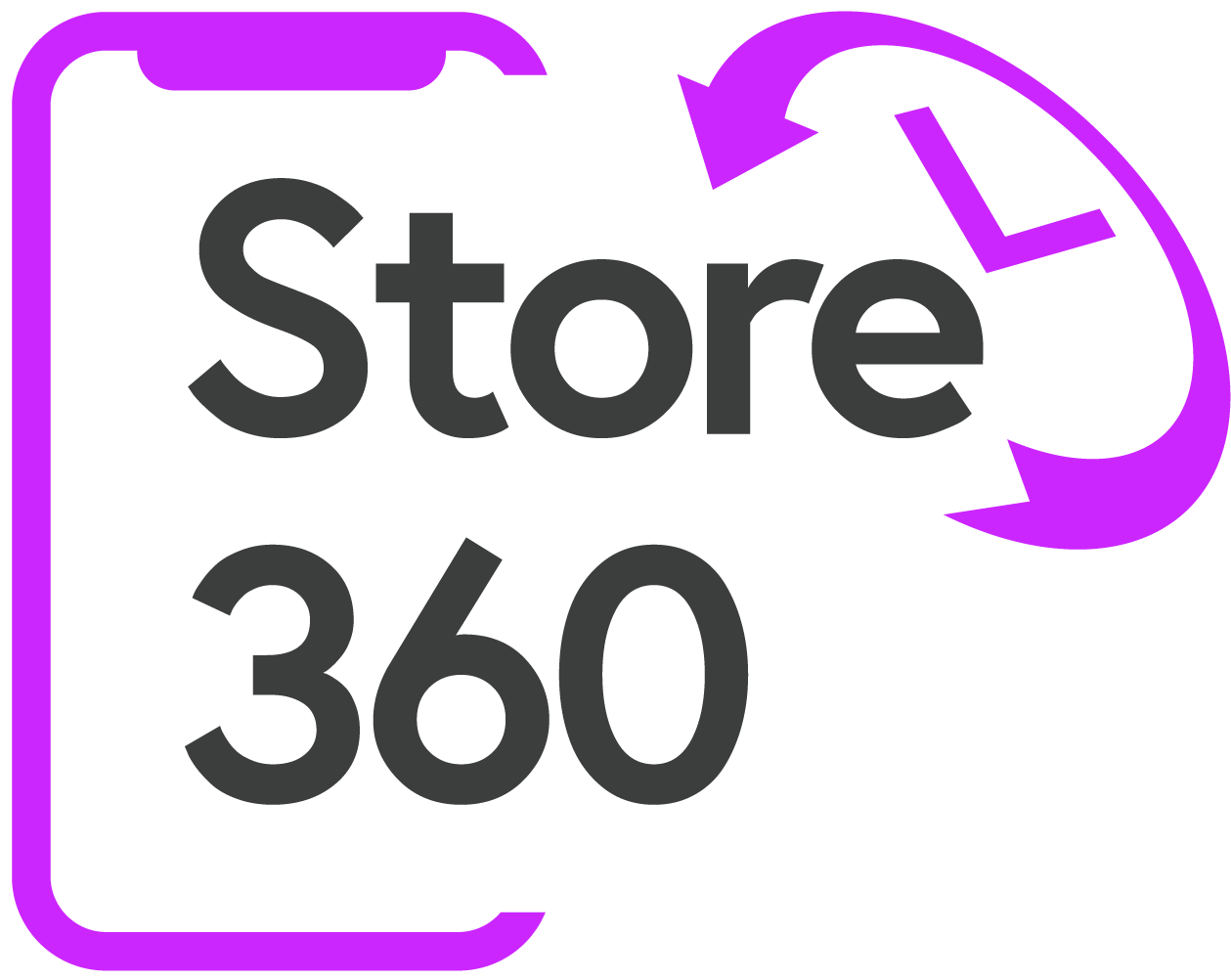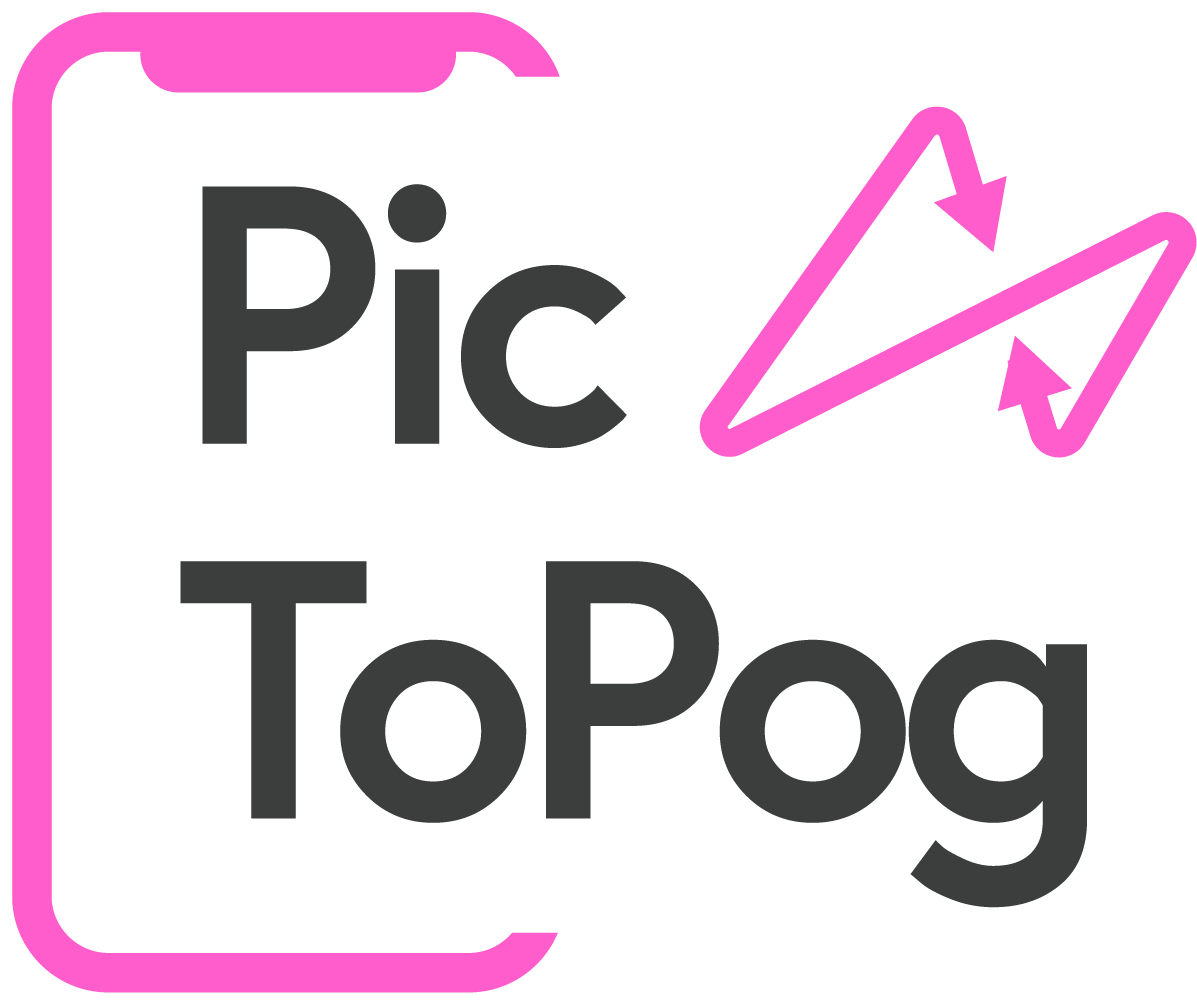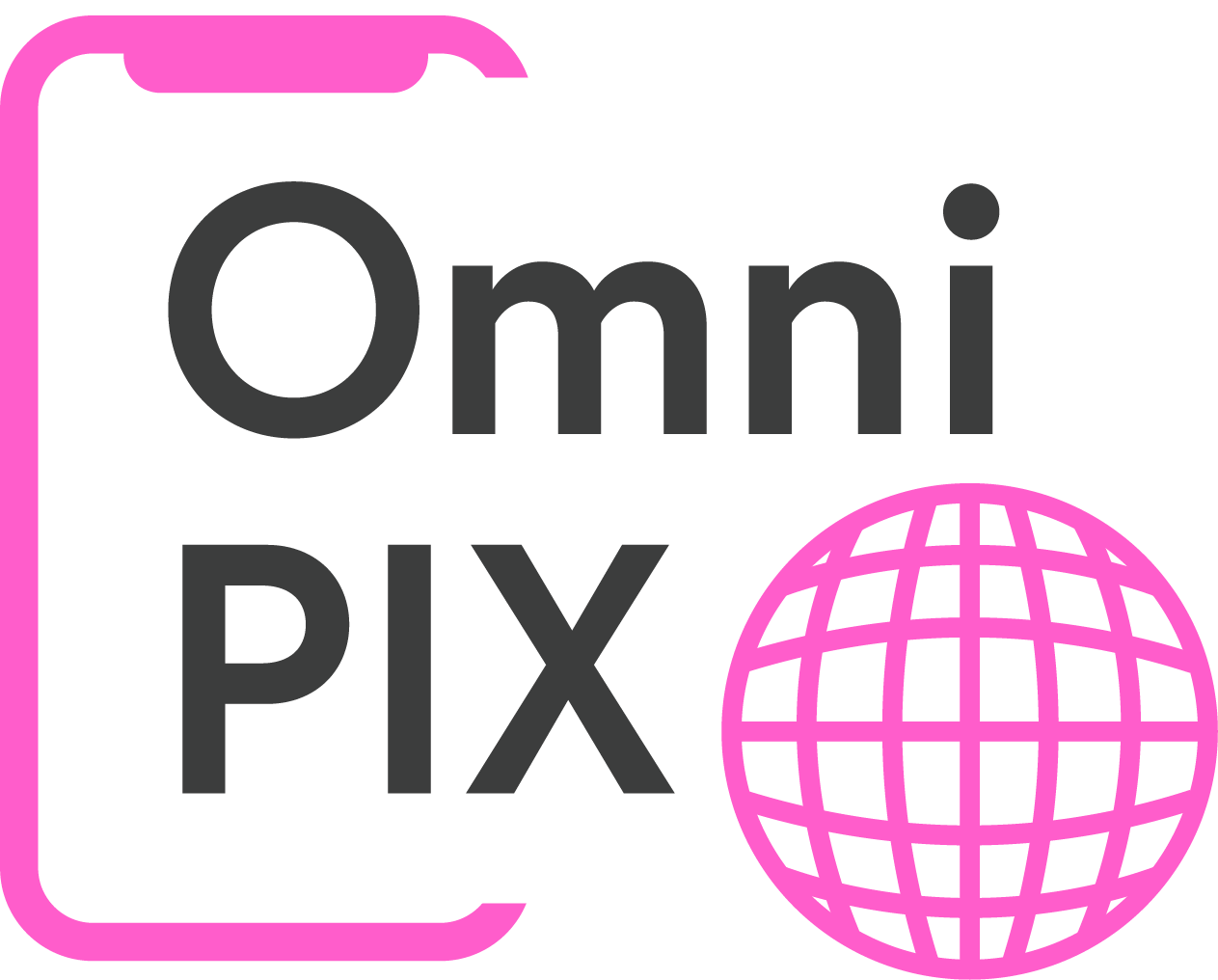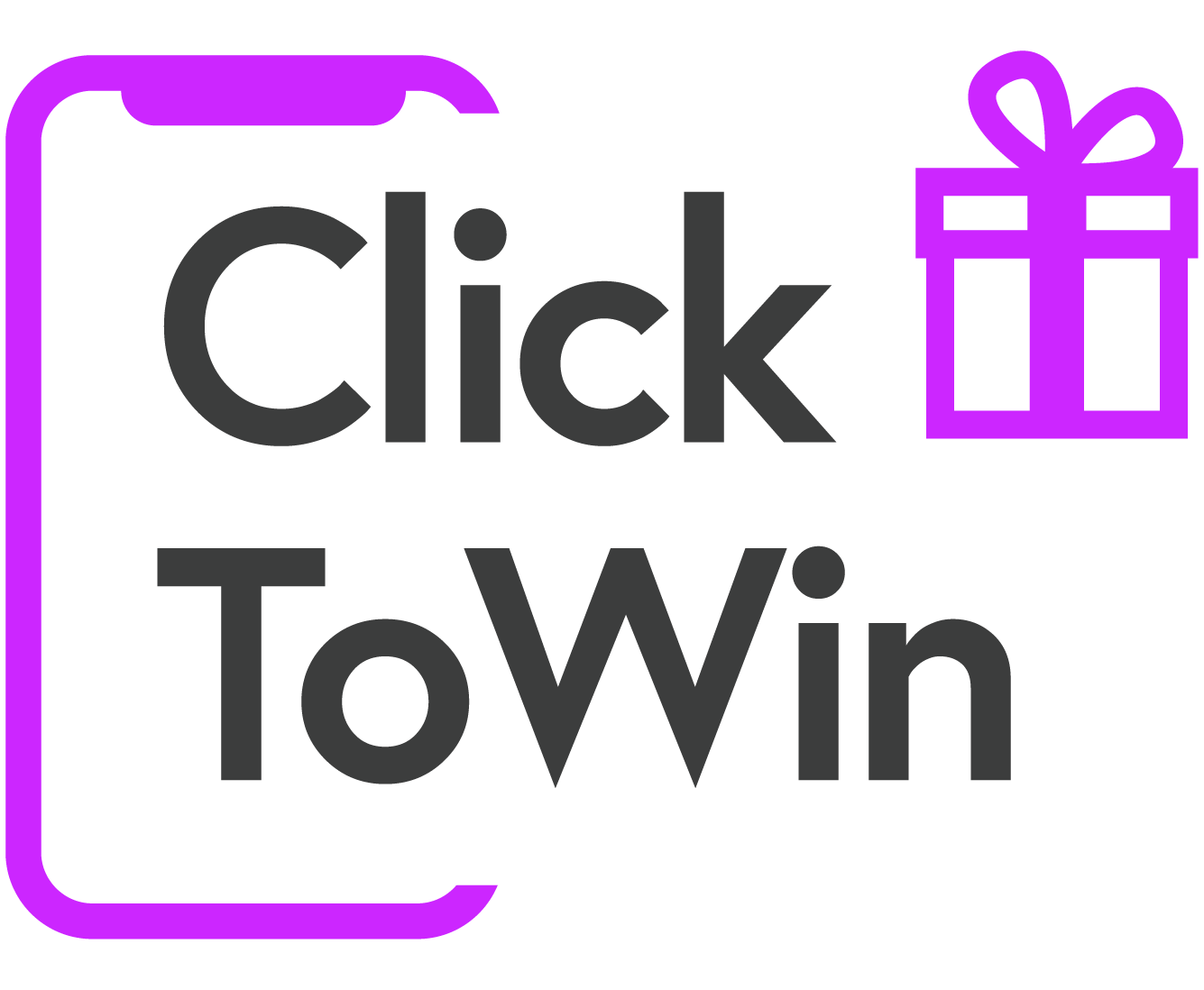CMA Negotiations
Leveraging AI-Image Recognition Technology to Validate CMA Shelf Compliance
Defining CMA Negotiations
The Non-Alcohol Beverage industry subscribes to an annual CMA negotiation process. Cooperative Merchandising Agreement or CMA is when Retailers and Manufacturers negotiate a brand’s shelf and promotional presence for the upcoming year. Retailers use funds secured through this process to support store profitability. Negotiations normally begin in the summer for larger manufacturers and look to wrap up shortly after the NACS (National Association of Convenience Stores) trade show in October. Stores typically reset during the first quarter of the following year- January-April.
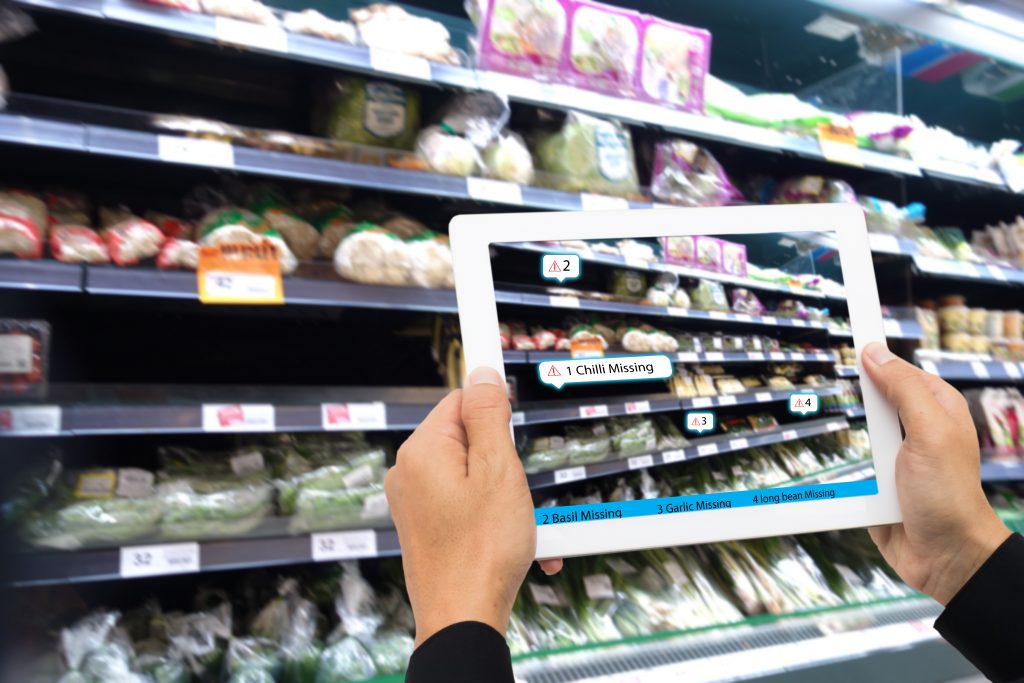
The Problem
Retailers rely on payments negotiated through the CMA negotiation process to deliver overall category profitability. Coops or Independent Buying Groups, pass through CMA funds to their members. Brands require validation of performance in complying with the agreement before funds are dispersed to the retailer. For Chain retailers, brands will distribute CMA funding after a category reset has been completed and terms, such as brand space and position, have been validated.
In many cases, Retailers are negotiating millions of dollars in CMA agreements. Delays in receiving funds from Brands has significant impact to category and retailer profitability. Today, validating Retailer peformance is done manually across a cross section of stores providing only limited data that can be disputed by the brand, which in turn, delays payment.
The Solution
There are several solutions Maxerience offers to help Retailers validate CMA agreements performance which will speed up payments from Brands. Specifically, solutions that track store level execution, at scale, and scores compliance on a scale from 1-100% compliant. Utilizing AI-Image Recognition technology, state-of-art image catalog and business engine tools, Maxerience is perfectly positioned to deliver compliance reporting to Retailers and Brands that accelerate the execution of CMA Agreements. These tools will eliminate disputes by using technology to audit and score compliance automatically across every store. If compliance gaps exist, Maxerience tools can report by store, brand and sku what is needed to be in compliance.
Store360 Track all execution from primary shelf, off-shelf display, point of sale material and pricing.
PicToPOG Turn a picture from the field into an editable planogram that integrates with sales data. Determine the value of an out of stock event to fixing planogram compliance.
Customer Dashboards Organize “BIG DATA” captured at retail, across a given retailer, retail channel or market into customizable BI reporting dashboards. Data can be integrated into CRM tools such as Salesforce, Hubspot and others.
Benefits
- Capture greater detail without bias of manual audit
- Real-Time Gap reporting in store enabling immediate correction
- Scale data capture building a comprehensive assessment of compliance performance
- Integrate sales data to facilitate specific causal factors for brand performance
